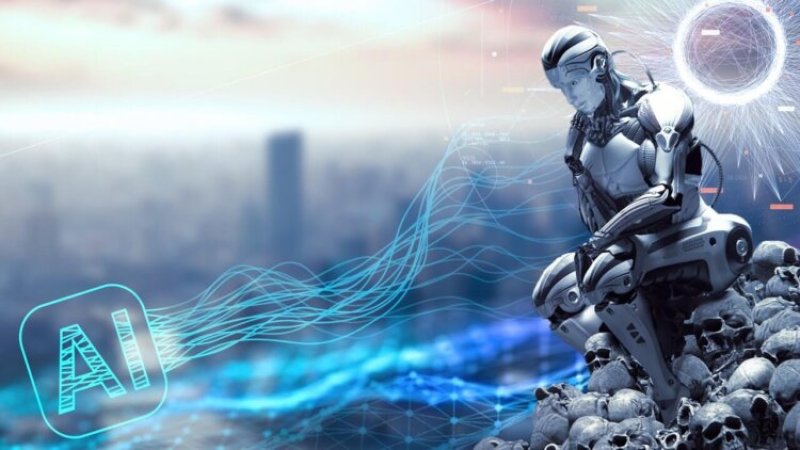According to a 2014 survey of experts, there’s a 50 percent chance “human-level machine intelligence” is reached by 2050, and a 90 percent chance by 2075. Another study from the Global Catastrophic Risk Institute found at least 72 projects around the world with the express aim of creating an artificial general intelligence — the steppingstone to artificial superintelligence (ASI), which would not just perform as well as humans in every domain of interest but far exceed our best abilities.
Because ASIs’ cognitive architectures may be fundamentally different than ours, they are perhaps the most unpredictable thing in our future. Consider those AIs already beating humans at games: In 2018, one algorithm playing the Atari game Q*bert won by exploiting a loophole “no human player … is believed to have ever uncovered.” Another program became an expert at digital hide-and-seek thanks to a strategy “researchers never saw … coming.”
Really, there are an interminable number of ways an ASI might “solve” global problems that have catastrophically bad consequences. For any given set of restrictions on the ASI’s behavior, no matter how exhaustive, clever theorists using their merely “human-level” intelligence can often find ways of things going very wrong; you can bet an ASI could think of more.
It’s unclear humanity will ever be prepared for superintelligence, but we’re certainly not ready now. With all our global instability and still-nascent grasp on tech, adding in ASI would be lighting a match next to a fireworks factory.































